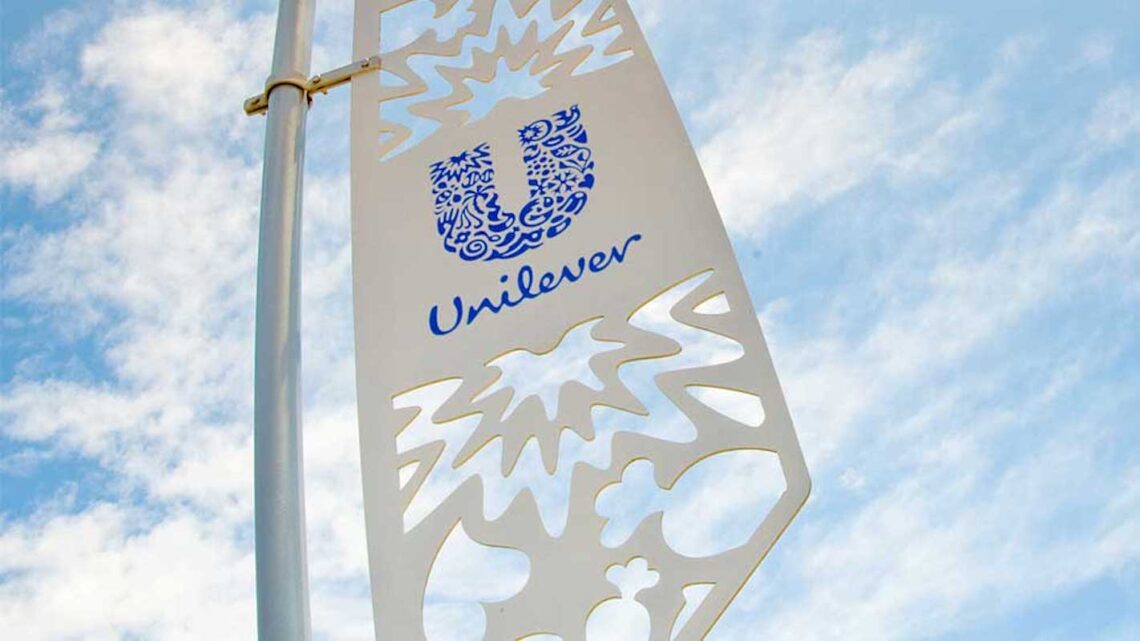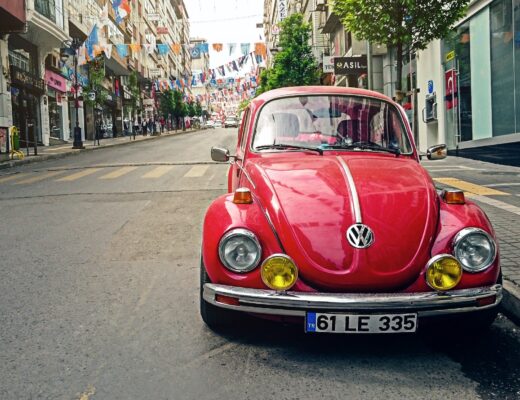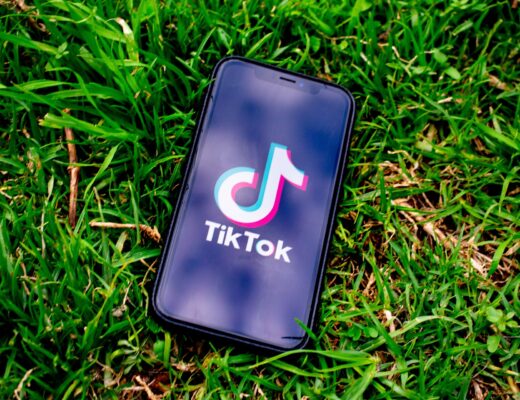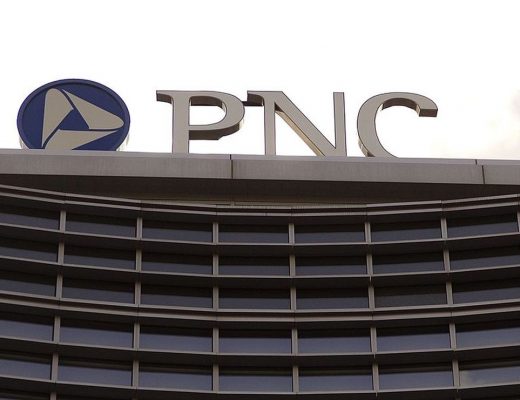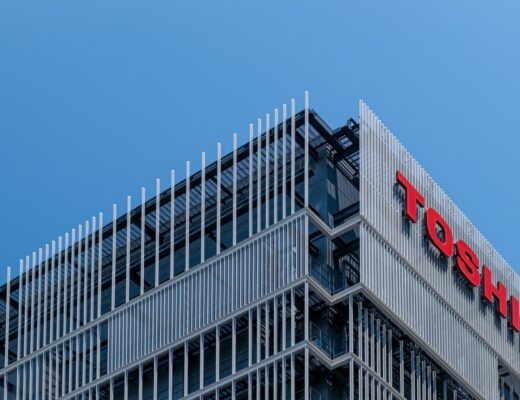How Unilever company came into being
Unilever emerged after a soap factory from Great Britain merged its assets with a company from the Netherlands that produced margarine. It all started with two Lever brothers, who ran the Lever Brothers family business. In 1885 they bought a small soap factory. At that time, the most popular ingredients for soap were beef or lamb fat and lard. The brothers went further and began using their own recipe based on glycerin of vegetable fats. Their product had better properties and became extremely popular. In 1888, Lever Brothers added a soap factory to the business, and a small settlement with workers quickly sprang up around the enterprise. And everything here was built on communist principles, which was a kind of social experiment.
By 1925, the small business of the Lever brothers had grown into an industrial empire. The brothers owned factories and plantations, a firm that sold fish, which were bred on the estate of one of the brothers.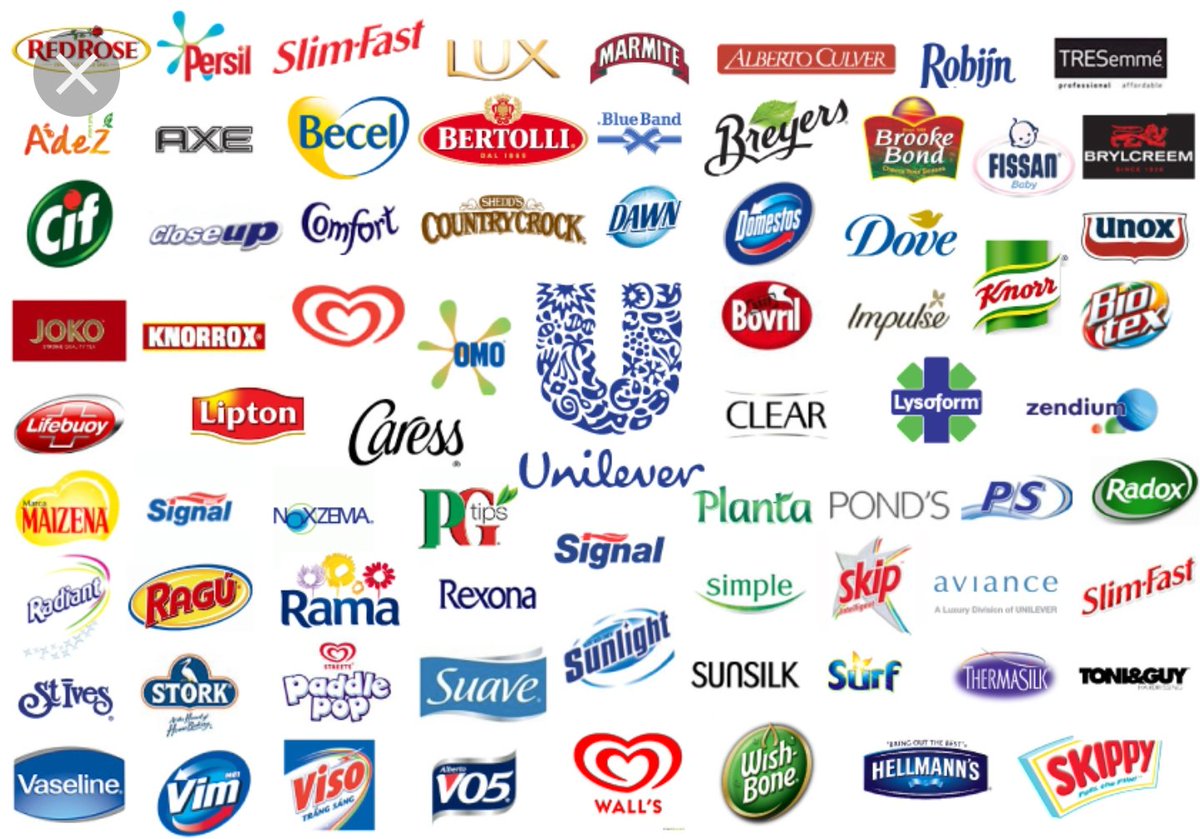 The Lever Brothers paid active attention to advertising. Initially, the slogan was the intention to alleviate women’s hard work in the form of laundry. Then, in 1926, there was an advertising campaign that called for hand washing before meals and after school. Lever Brothers promoted the benefits of hygiene as a means to fight germs. Interestingly, the thoughtful advertising not only cemented the benefits of soap in the minds of adults and children, but also the names of the company’s brands. In 1929 there was fierce competition among buyers of palm oil, and soon Lever Brothers took a drastic step. It entered into an agreement with a major competitor, Margarine Unie, which produced margarine. According to the agreement, the parties were not allowed to use each other’s oil suppliers. Gradually the two businesses began to cooperate closely and agreed to merge. This was the beginning of the modern Unilever Corporation.
The Lever Brothers paid active attention to advertising. Initially, the slogan was the intention to alleviate women’s hard work in the form of laundry. Then, in 1926, there was an advertising campaign that called for hand washing before meals and after school. Lever Brothers promoted the benefits of hygiene as a means to fight germs. Interestingly, the thoughtful advertising not only cemented the benefits of soap in the minds of adults and children, but also the names of the company’s brands. In 1929 there was fierce competition among buyers of palm oil, and soon Lever Brothers took a drastic step. It entered into an agreement with a major competitor, Margarine Unie, which produced margarine. According to the agreement, the parties were not allowed to use each other’s oil suppliers. Gradually the two businesses began to cooperate closely and agreed to merge. This was the beginning of the modern Unilever Corporation.
The company grew rapidly, and on the wave of the economic boom of the 1980s it managed to take 26th place in the ranking of the largest corporations in the world. By this time, the production of personal care soap had been relegated to the back burner. Reducing the number of brands from 1,600 to 800, Unilever focused on the production of food, which contributed to the entry into the market in Eastern Europe.
The corporation owns brands of tea Lipton, Brooke Bond, ice cream Breyers, Cornetto, ketchups and mayonnaise Calvé, seasonings and instant soups Knorr, and many others. In addition, the company continues to produce personal care products, antiperspirants, soaps and shampoos, the most famous of which is Dove. Unilever employs more than 180 thousand people worldwide.
